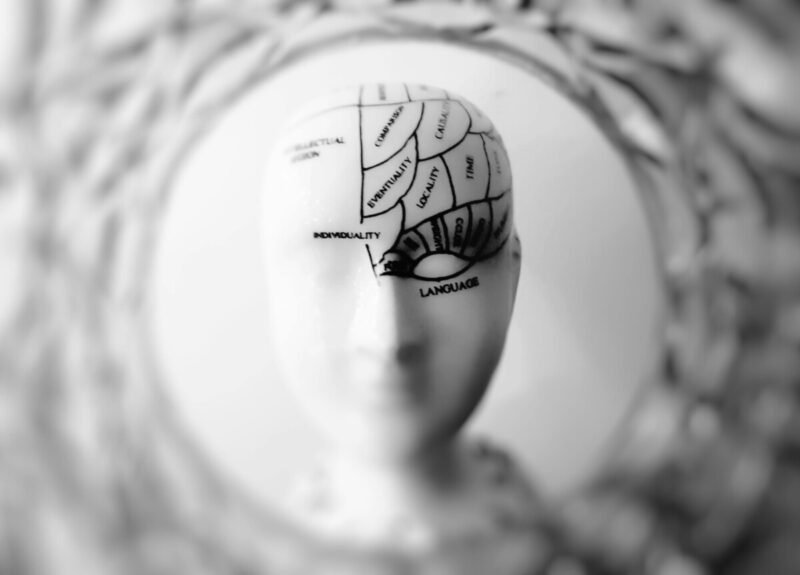When a Black man is accused of sexual assault, it can create deep tension in the Black community. There’s often a powerful instinct to defend him — not necessarily because anyone knows the facts, but because history has shown how easily Black men have been falsely accused, demonized, and punished without due process.That history matters. But so does accountability.
Justice Has to Be Based on Facts, Not Loyalty
Every person — regardless of race — deserves a fair chance to defend themselves. But that fairness must go both ways. Automatically defending someone because they are Black can unintentionally silence real victims, reinforce harmful gender dynamics, and erode the credibility of the community itself.It’s not betrayal to say, “Let’s see the evidence.” It’s maturity. It’s leadership. It’s the only way to build trust in both justice and truth.The goal should not be to “defend” Black men or “believe” accusers blindly — it’s to insist on truth, evidence, and accountability, no matter who is involved.
Why This Matters for the Long-Term Health of the Community
A community that defends its members without standards risks losing moral authority. The strongest communities are those that can look inward honestly — that can say, “We will protect our people, but we will also hold them accountable if they harm others.”That’s how you protect everyone: the falsely accused, the genuinely harmed, and the next generation who learns that integrity is part of strength.Blind loyalty has never built sustainable justice. Measured fairness has.
The Path Forward
Instead of rushing to defense or condemnation, communities can:
Demand transparent investigations.
Support both alleged victims and accused individuals until facts emerge.
Encourage education around consent, accountability, and communication.Focus on systems of fairness, not emotion-driven reactions.When we rely on evidence, not bias, we strengthen the community instead of dividing it.
Black people have every reason to be skeptical of biased systems — history proves that. But true empowerment means rising above reflex and emotion, and instead grounding ourselves in principle.No one should be automatically condemned — and no one should be automatically defended.The truth should always be the goal.
